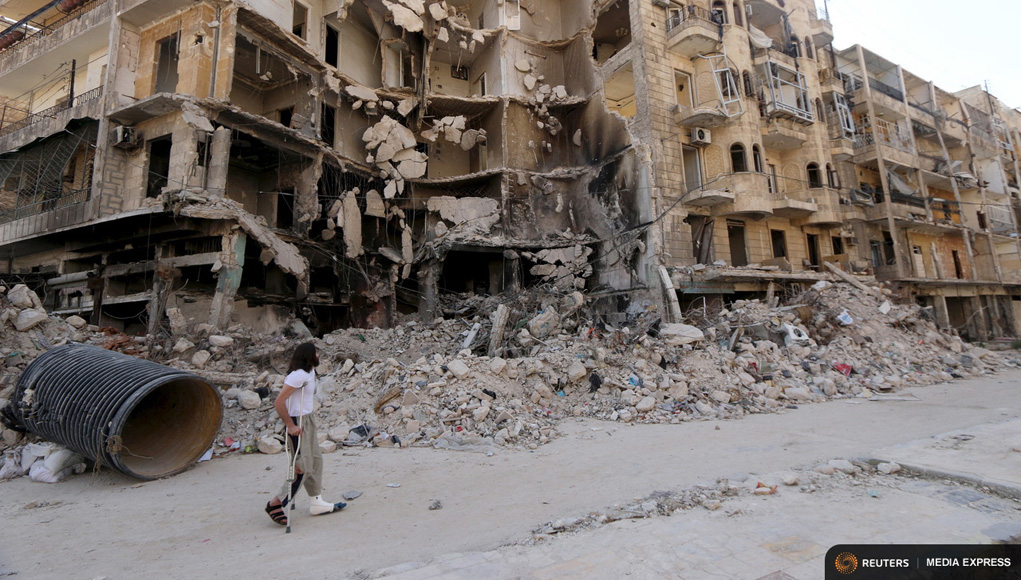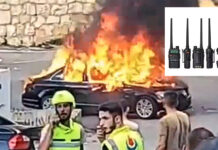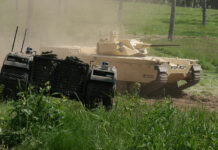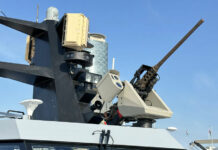BEIRUT (Reuters) – Syrian government forces carried out heavy airstrikes on rebel positions in and around the northern city of Aleppo on Friday, aiming to repel a major Islamist-led offensive on areas controlled by President Bashar al-Assad.
Thursday’s attack, the most intense insurgent offensive in Aleppo in three years, aimed to build on recent advances against Assad by an array of groups fighting on separate fronts, including Islamic State and rebels backed by his regional foes.
Aleppo, 50 km (30 miles) south of the Turkish border, was Syria’s most populous city before the country’s descent into civil war. It has been partitioned into zones of government and insurgent control since 2012.
Aleppo is of vital importance to Assad, and losing it would further entrench a de facto partition of Syria between western areas still governed from Damascus and the rest of the country run by a patchwork of militias.
Elsewhere in Syria, The United States and its allies have conducted 24 air strikes against Islamic State in Iraq and Syria on Thursday, the coalition leading the operations said in a statement on Friday.
Elsewhere in Syria, US coalition forces targeted Islamic State positions with nine strikes near the cities of Hasakah, Ar Raqqah and Tal Abyad, destroying tactical units, fighting positions, vehicles and structures.
[ismember]Fighting between the insurgents and government forces in Aleppo raged into the early hours of Friday, and Syrian air and army strikes on rebel emplacements were continuous, the Syrian Observatory for Human Rights, a group monitoring the war, said.
A Syrian military source said the attack had been repulsed and heavy casualties had been inflicted on the insurgents. He added that the air force and artillery had been used to target the rebels, who he said had used heavy weapons in their attack.
Later, state television showed scores of bodies of armed combatants, saying the army had killed at least 100 insurgents in the counter-offensive.
The Observatory’s Rami Abdulrahman said earlier rebel forces had seized some buildings from government control on the northwestern city outskirts of Jamiyat al-Zahra. He later said the insurgents were making headway in a part of western Aleppo that would get them closer to the heart of the city.
At least 35 insurgents were killed in that area, including a dozen Syrians and many others of central Asian origin, Abdulrahman said. The Syrian war has drawn foreign fighters from across the Muslim world, including jihadists from central Asia.
Air strikes were also reported near the town of Azaz in the north of Aleppo, just over the border from Turkey
JOINT OPERATIONS
An insurgent alliance including the al Qaeda-linked Nusra Front and the hardline Islamist Ahrar al-Sham said they had set up a joint operations room to run the offensive to “liberate” Aleppo and later govern it according to Islamic sharia law.
Another group of rebels, including recipients of Western aid fighting under the name of the Free Syrian Army, said they had taken a major research facility close to the heart of government-controlled Aleppo.
Security sources in Turkey, one of the countries most hostile to Assad, said Turkish authorities had deployed additional troops and equipment along part of its border with Syria as fighting north of Aleppo intensified.
But Prime Minister Ahmet Davutoglu said there were no immediate plans for any incursion.
The Syrian government has said Turkish assistance to the rebels has been crucial to their advances in the northwestern province of Idlib, most of which has fallen to the insurgents since they captured its provincial capital in late March.
The military source said the rebels had bombarded government-held parts of Aleppo with weapons including highly destructive “hell cannons” – improvised mortar bombs made out of cooking gas cylinders.
Assad has also recently lost the central city of Palmyra to Islamic State and areas of southern Syria to an alliance of rebels known as the “Southern Front” that profess a moderate vision for Syria.
With vital backing from the Shi’ite Islamist government of Iran, Assad has meanwhile been trying to shore up his control over western swathes of Syria near the border with Lebanon, helped by Lebanese Shi’ite militant group Hezbollah.
Hezbollah has in recent days been sending reinforcements to areas near the insurgent-held town of Zabadani near the frontier with Lebanon, sources briefed on the matter said, in apparent preparation for an attack on the rebels there.
State television said on Friday Syrian warplanes had bombed targets near Zabadani, destroying an ammunition store and a factory for making rockets. The Observatory reported heavy fighting between pro-government forces and insurgents who launched an attack on an army checkpoint in the Zabadani area.
A rebel fighter said the army intensified aerial raids and attempts to infiltrate behind their lines in the strategic town situated northwest of Damascus.
“It’s a tough siege and the regime are advancing but the fighters are repelling them. We planted explosives in the streets and are preparing ourselves for intense street battles” Abu Abdo, a fighter from the hardline Islamist faction Ahrar al-Sham group, told Reuters.[/ismember]
(Writing by Sandra Maler; Tom Perry; Suleiman Al-Khalidi, Editing by Andrea Ricci; Mark Heinrich)










